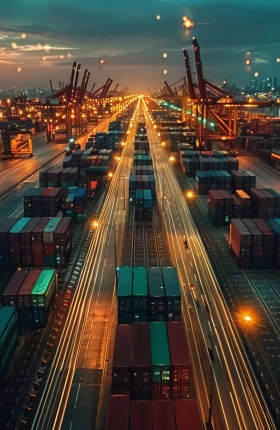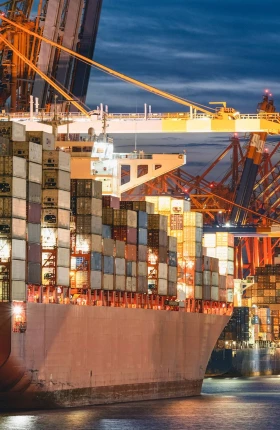
Education
- MBA with honors, University of Pennsylvania, Wharton School
- BA, University of Virginia
Honors and Awards
- Polaris award for client impact – 2008, 2010
- Journeyman award for mentorship and people development – 2014
Dustin Burke is Boston Consulting Group’s co-leader for manufacturing and supply chain. He leads BCG’s Supply Chain AI team of digital supply chain specialists, building customized solutions to address clients’ operations needs. He previously led BCG’s transportation and logistics work in North America.
Dustin’s client work focuses on end-to-end supply chain transformations, digital supply chain, post-merger integration, and distribution, logistics, and cost optimization for consumer and industrial goods companies. He also advises carriers, infrastructure providers, and principal investors active on supply chain and logistics across transportation modes on operational and strategy topics.
Dustin is a TED speaker and has spoken on supply chain topics for CSCMP, Reuters, and corporate audiences across industries. He has written on advanced analytics and big data in supply chain and logistics, the impact of changing trade regimes on manufacturers in a range of industries, global trade flows, shifts in relevance for US ports, and the growth agenda for freight railroads, among other topics.
Dustin is a former member of BCG’s Mumbai office. Before joining the firm, he was manager of corporate finance at MGM Resorts, and an investment banking analyst at Citigroup, covering consumer, retail, and homebuilding companies.












